Living and working on an island comes with a set of unique challenges and privileges, both of which are augmented in such an interconnected and logistically demanding industry as construction.
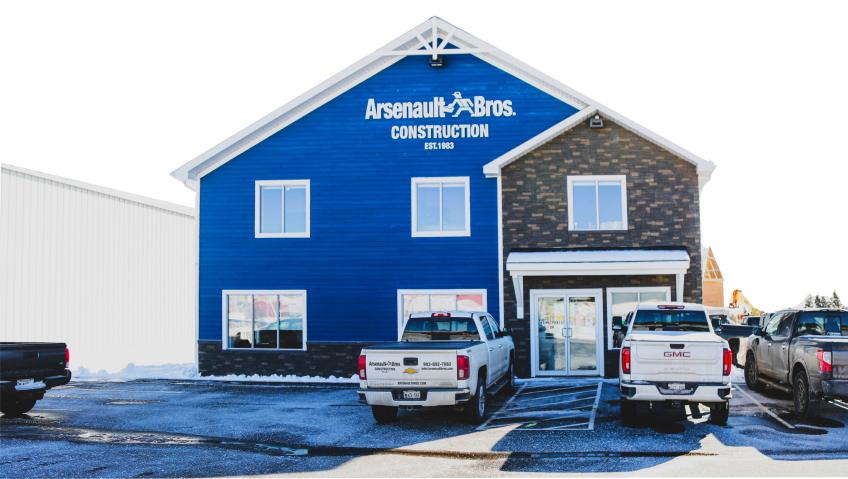

Arsenault Bros. Construction
Living and working on an island comes with a set of unique challenges and privileges, both of which are augmented in such an interconnected and logistically demanding industry as construction.
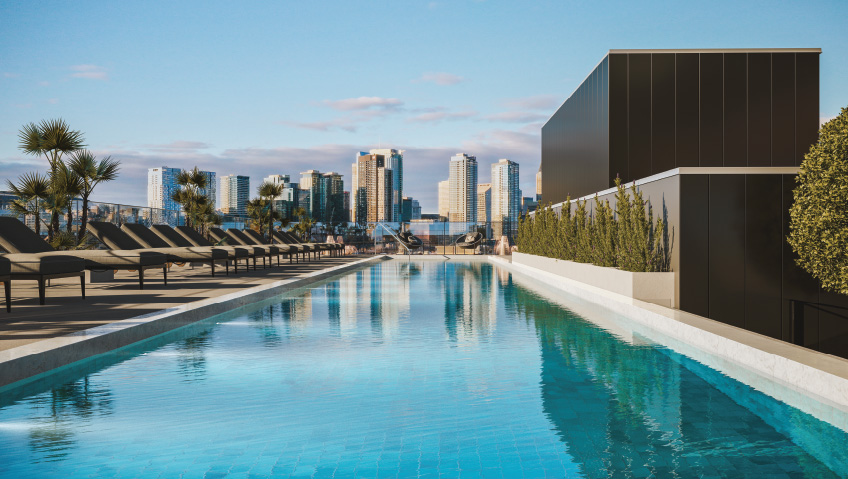
Mondev Construction
As we adapt to the COVID era, our cities, likewise, continue to evolve and change. In Canada’s second-most populous city, residents and building owners alike grapple with rising costs of living. Yet one building firm has consistently demonstrated a commitment to customer service and satisfaction. Boldly choosing to embrace a wide market, Mondev Construction is looking toward a bright future.
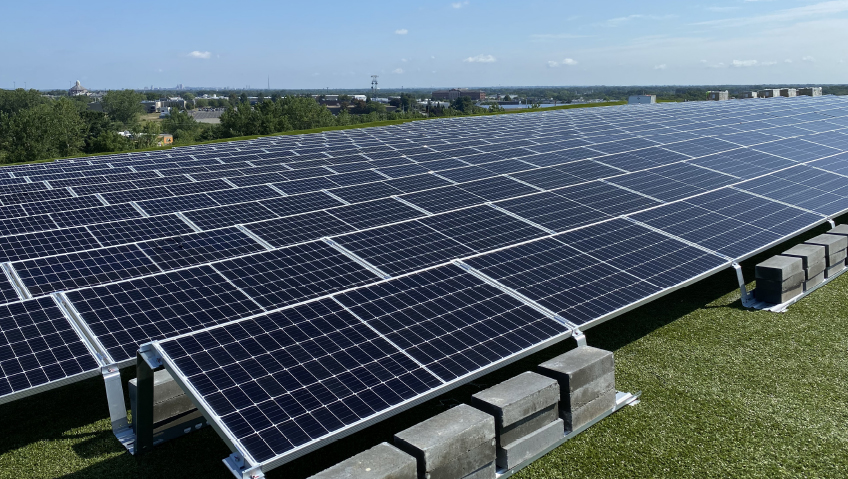
ACE Solar
As solar energy continues to become a more reliable and sustainable energy producer, the sector has naturally attracted numerous entrants seeking to make their fortune. However, many have learned the market is not as simple as they had thought, as evidenced by the high turnover rate.
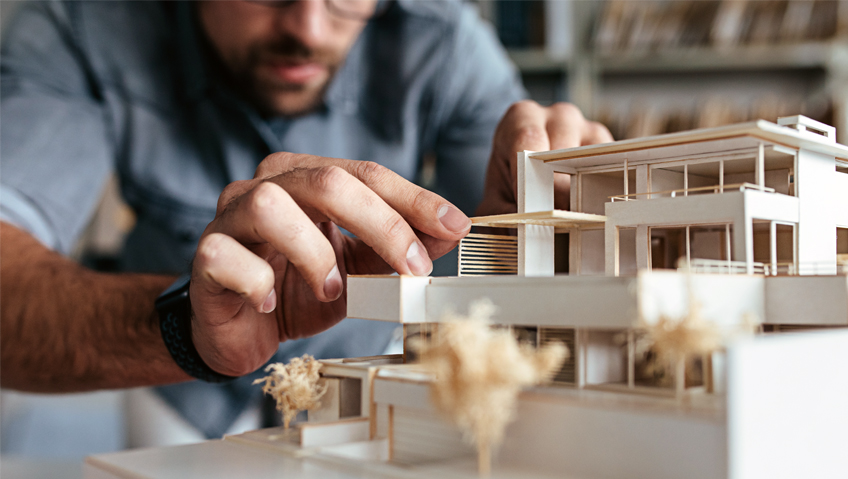
Amvic Building System
In today’s world of rising costs, building envelopes must be more efficient and cost-effective than ever. Yet this quality must be balanced with the need to build in sufficient numbers to meet demand. In Toronto, Amvic Building Systems continues to push the capabilities of expanded polystyrene (EPS) to help builders accommodate Canada’s need for housing.
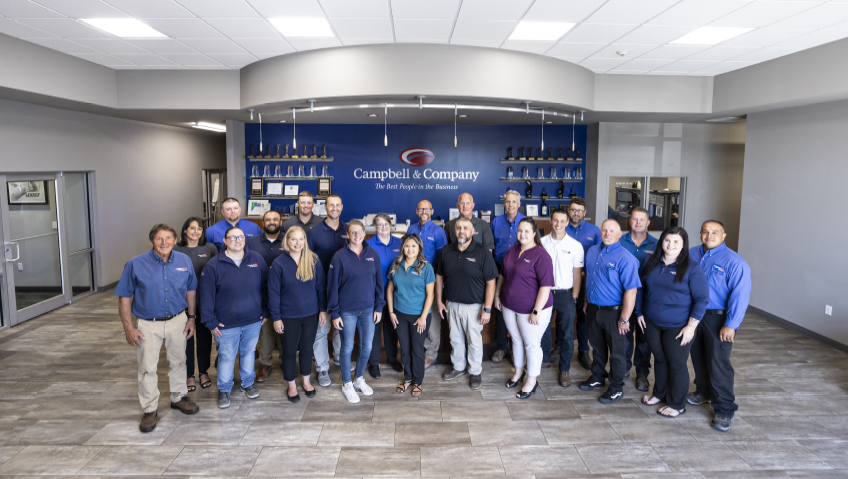
Campbell & Company
In the Tri-City area of central Washington State, Campbell & Company offers maintenance, replacement, and repair service for HVAC, plumbing, sewer and electrical systems for both residential and commercial customers. Holding itself to the highest degree of professional standards, Campbell & Company’s team continues to grow even in the face of economic uncertainty, forming a highly dedicated workforce bringing the finest service to the Pacific Northwest. Now, Campbell has embarked on a bold new venture to bring its quality to an even higher standard.

Dinoflex
As our natural resources grow ever more precious, more companies are adopting new economic models to use resources as efficiently as possible. Dinoflex has been manufacturing high-quality rubber flooring made from recycled tires for over thirty years. All rubber comes from within five hundred miles of its factory in British Columbia, Canada, saving rubber from being relegated to landfills. With a global presence, Dinoflex is primed to lead the way in sustainable flooring manufacturing.
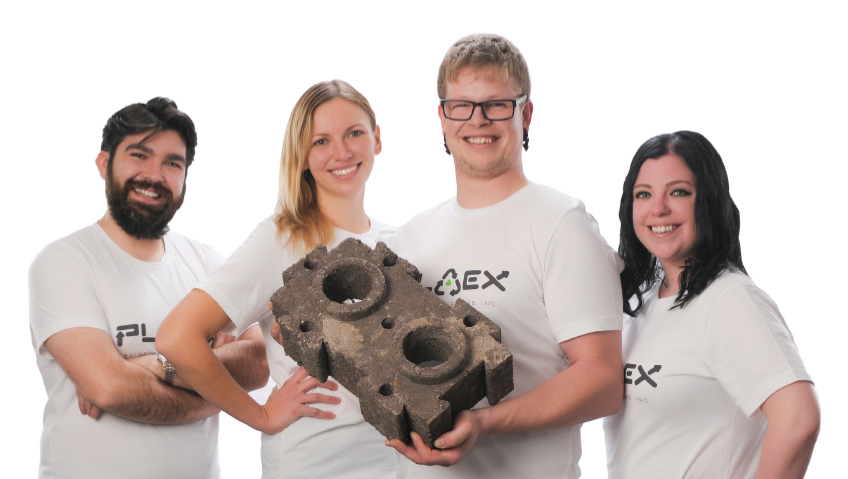
PLAEX Building Systems Inc.
For all of its positive outcomes, construction generates a large amount of waste and by-products. An estimated 2.2 billion tons of construction waste will be generated annually by 2025, according to the Construction & Demolition Recycling Association (CDRA). With a growing population, aging infrastructure, and the increasing difficulty in finding qualified construction personnel, the industry is ripe for systemic changes.
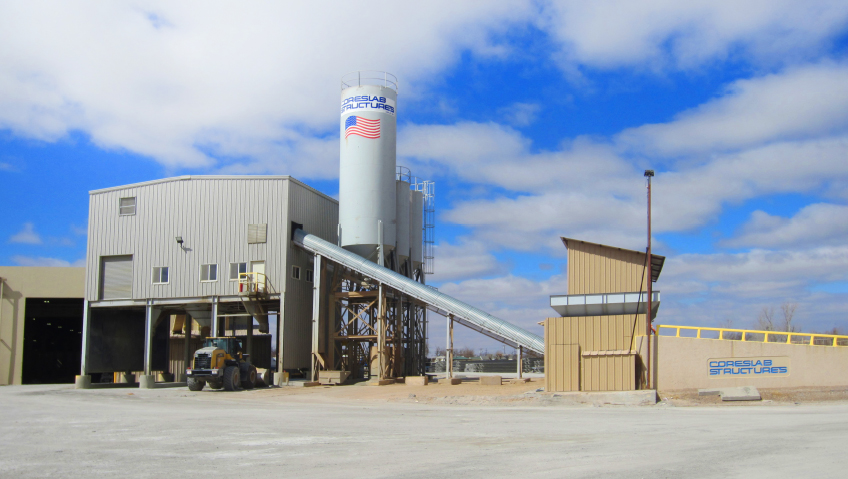
Coreslab Structures (OKLA) Inc.
By advancing the science of precast and prestressed concrete, Coreslab Structures (OKLA) is developing a new generation of tornado shelters with unbeatable advantages.
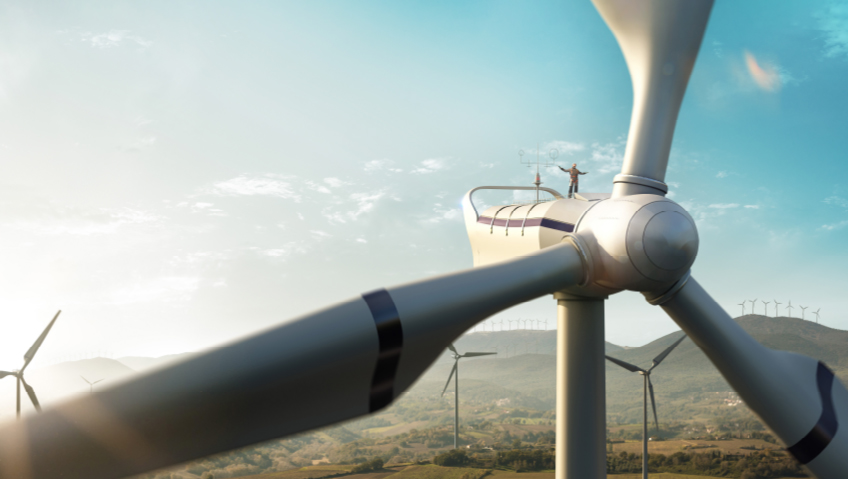
Borea Construction
As Canada works toward total carbon neutrality by 2050, a future rich in renewable energy moves ever closer. Canada’s largest renewable-energy constructor, Borea Construction, is making renewable energy more accessible and smaller in size and environmental impact than ever before.
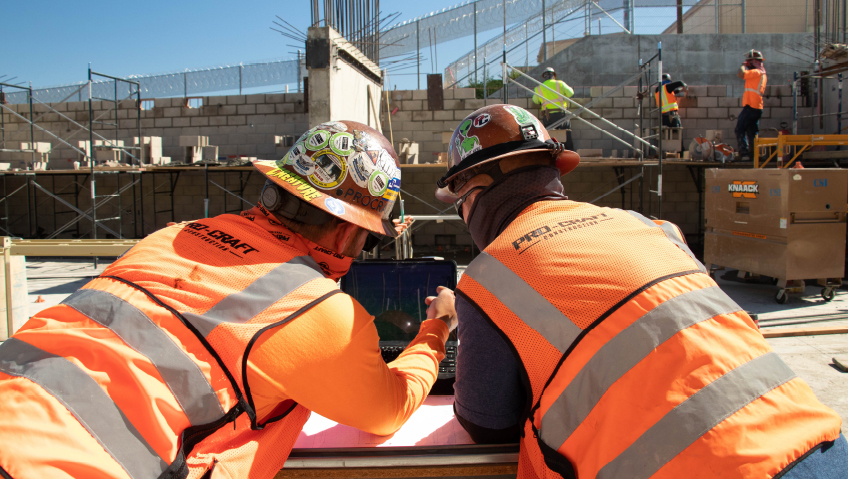
Pro-Craft Construction
Balancing job progress and employee safety can be a challenging trade-off. But in Southern California, one company has perfected this balance to continually meet project demands and maintain high safety standards. For nearly twenty years, Pro-Craft Construction has expanded from a plumbing contractor to a full-service construction provider. Its forward-thinking mentality and heavy emphasis on prefabrication can address construction needs throughout its service area and beyond.
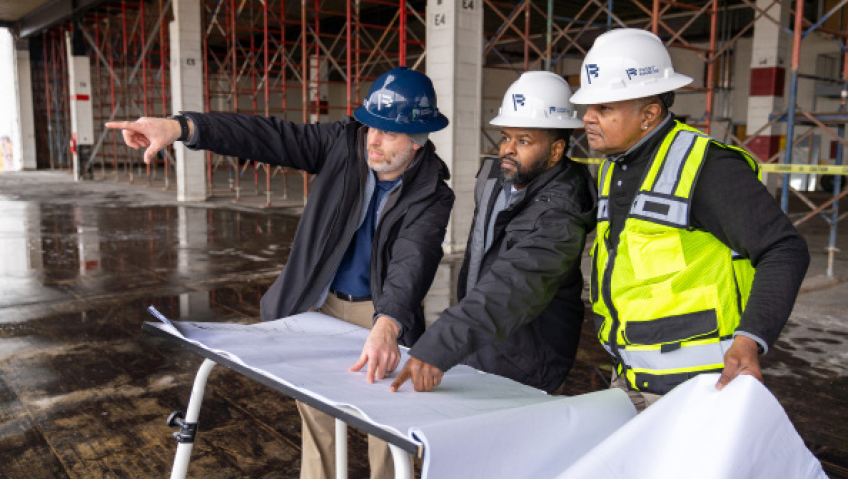
First Onsite Property Restoration
With the world’s climate crisis mounting ever further, disaster preparedness and recovery in construction both old and new are proving paramount. In North America, First Onsite Property Restoration elevates the field of emergency mitigation, providing prevention and response expertise in all areas of commercial properties.
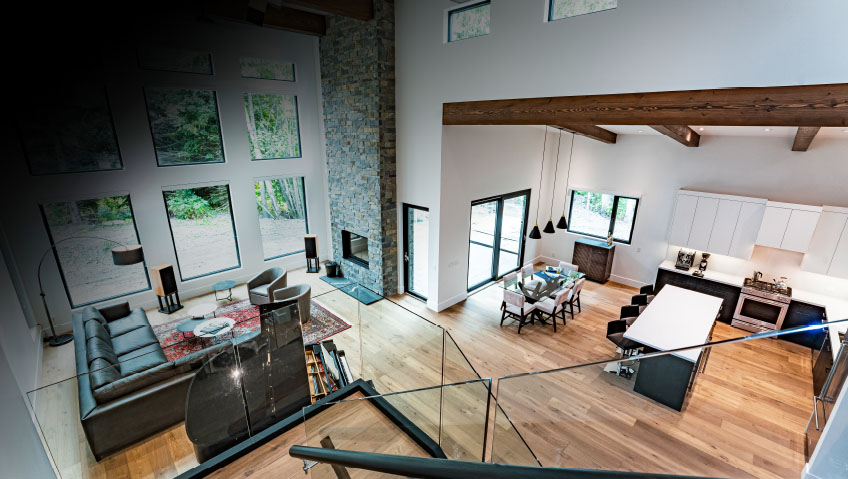
Absolute Contracting
Never mind the growth of Canada’s big cities – smaller communities are showing similar growth as more homeowners seek alternative lifestyles – and the custom homes to match.
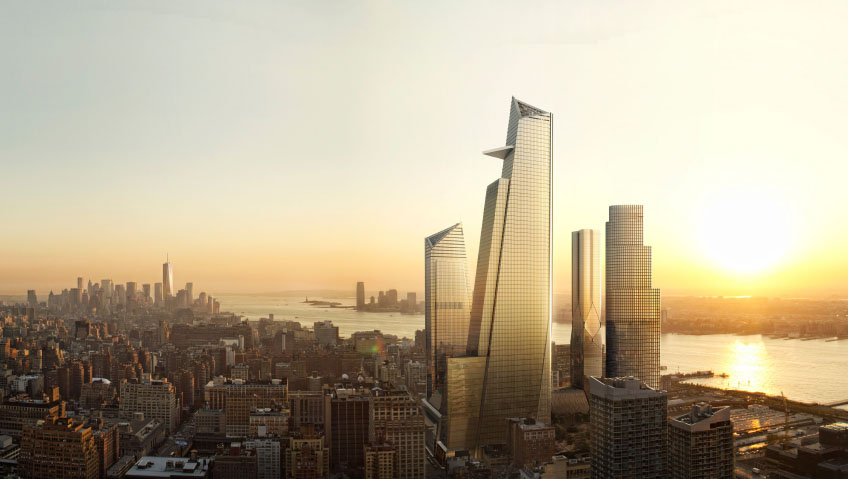
Kryton International
From its Vancouver, British Columbia headquarters, Kryton International is pushing the envelope in concrete engineering, manufacturing, installation, and maintenance, helping the construction industry continue to use this vital building material in a rapidly changing world.
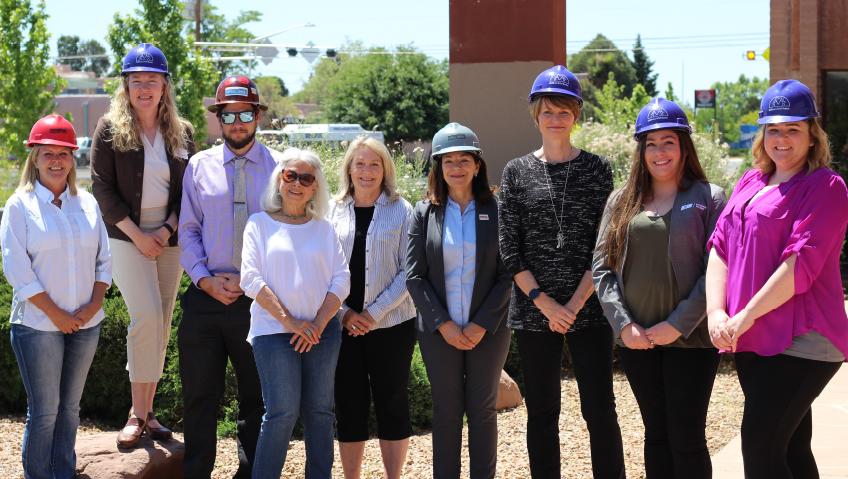
National Roofing
From its sizable headquarters in Albuquerque, New Mexico, where National Roofing has built a reputation for quality service and innovative practices throughout the Southwest, comes the news: a forceful return to the residential roofing sector.
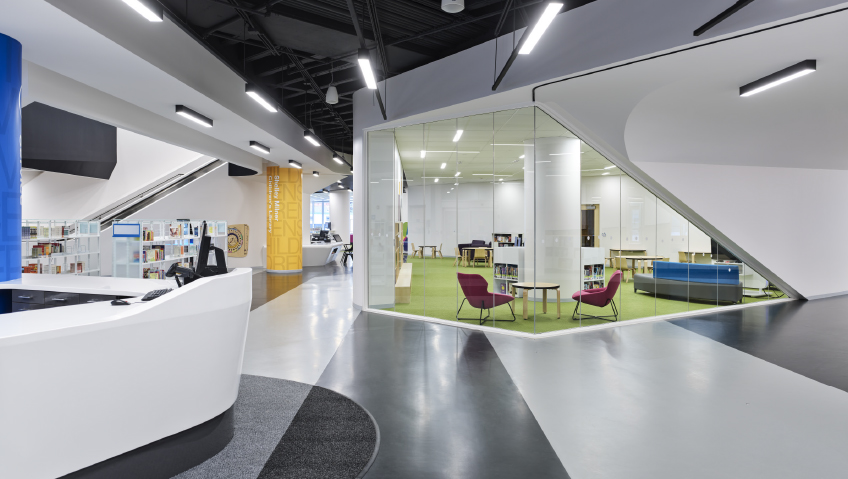
Mondo Contract Flooring
If you’re a high-performance athlete, or simply working on your feet all day, the importance of flooring is paramount. As the world’s leading rubber-flooring provider, The Mondo Group boasts over 70 years of history and development making Olympic athletes – and us, the common worker – perform better and feel healthier.
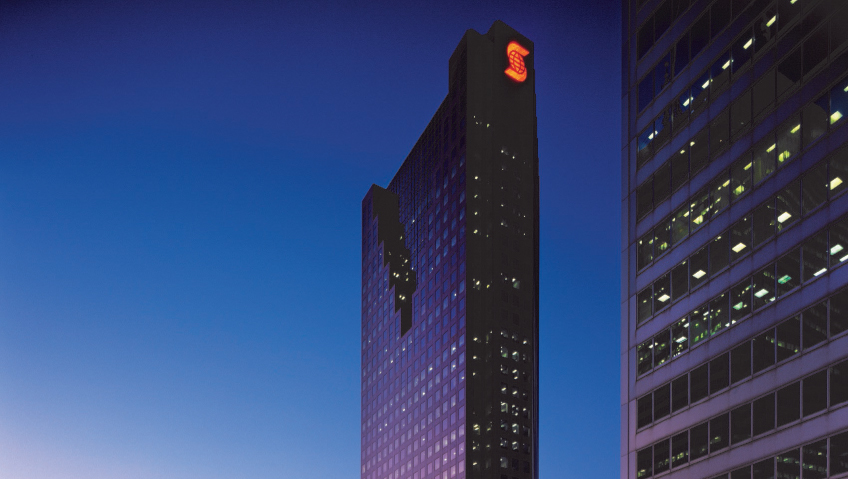
The Canada Green Building Council
As Canada continues to work toward a 2050 goal of net-zero carbon emissions, the Canada Green Building Council (CaGBC) is focused on creating a greener, more sustainable, and low-carbon building sector.
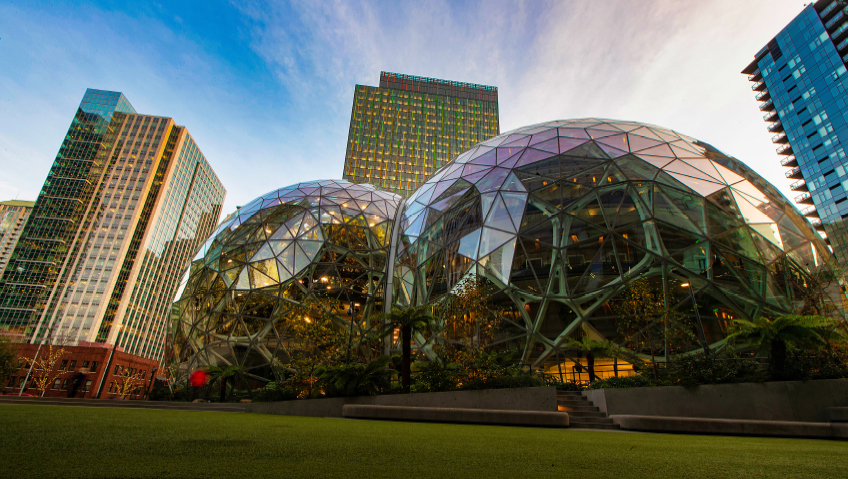
Supreme Steel
As we continue to grapple with COVID-19, businesses have no choice but to adapt to a changed world. Is it better to diversify to engage a larger market, or to become a leader in a niche? In North America, Supreme Steel has chosen the latter option.

Coreslab Structures (OKLA) Inc.
To meet the needs of today’s erratic weather patterns, construction must evolve. America’s Midwestern Tornado Alley region is especially at risk. But in Oklahoma City, Coreslab Structures (OKLA) Inc. is pushing the envelope of precast concrete to provide multi-story safety solutions.

Bioesque Solutions
A year after COVID-19 arrived we are still wiping and re-wiping homes and workplaces with harsh disinfectants. Now Bioesque has a safer and more effective alternative that’s quicker and easier to apply, too.
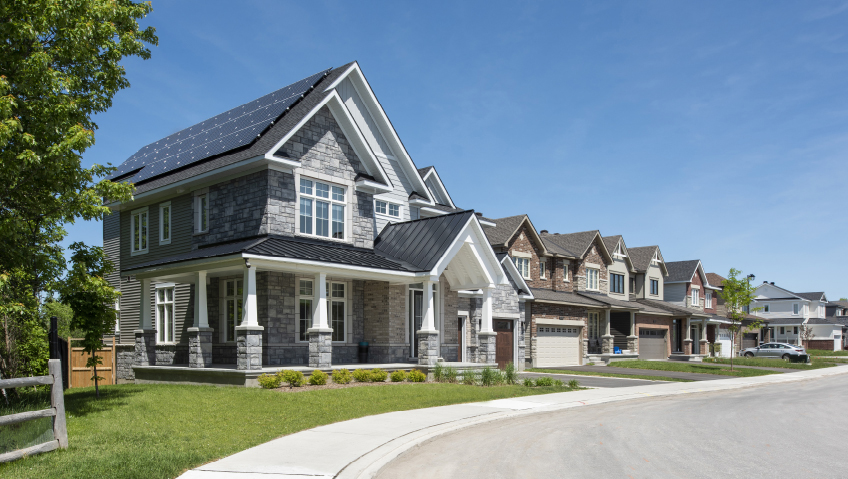
Minto Communities Canada
Faced with the twin challenges of expanding cities and accelerating climate change, sustainable home development is crucial. In Eastern Canada, Minto Communities has built a reputation for doing just that over 65 years of growth and innovation.
CURRENT EDITION
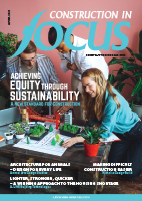
Read Our Current Issue
PAST EDITIONS
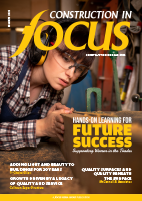
March 2024

February 2024
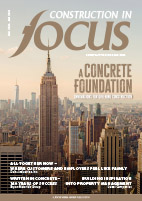
December 2023

Excellence in Manufacturing Consortium (EMC)
Excellence in Manufacturing Consortium (EMC) provides a depth and breadth of services, programs, and opportunities for manufacturers. Headquartered in Owen Sound, Ontario, with a national presence, EMC also encourages young people to enter the manufacturing workforce and is always looking for ways to enhance the sector.
Facing Up to What’s Facing Construction
When you think of the world’s largest industry, perhaps agriculture or energy come to mind—but it turns out they’re not the biggest.
U.S. Green Building Council (USGBC)
After profiling the U.S. Green Building Council’s (USGBC) sustainability efforts in previous articles, Construction in Focus caught up with the organization once again, this time to learn about an exciting new report. State of Decarbonization: Progress in U.S. Commercial Buildings 2023 discusses the sector’s progress, the current status of data availability, and mechanisms available to reduce the carbon emissions of commercial buildings in the United States—the first report to compile all of this information into a single source.
Cushing Terrell
There is a quote attributed to Wayne Gretzky that you have likely seen in PowerPoint presentations. It is the one about skating to where the puck is going, rather than where it is. In hockey, Gretzky seemed to have a preternatural ability to anticipate the best place to be. In business, Cushing Terrell has that same knack.
Animal Arts Design Studios
When thinking about architecture and building design, we know much time and thought goes into creating sound, healthy, and attractive structures for people, but what about housing for our animal friends? Animal Arts Design Studios specializes exclusively in animal care design, including animal shelters and veterinary hospitals, with a proven track record of success with more than 1,500 projects in 40 U.S. states, Canada, and overseas, ranging in size from 600 to 110,000 square feet.
Enercare
Coming together to address a vital energy need in the market, Enercare and Subterra Renewables are working to decarbonize living in the way we interact in our homes, transitioning away from fossil fuel powered systems to renewable geothermal energy. Finalized in Q4 2023, the partnership of these two Canadian companies represents a first-of-a-kind industry relationship aimed at providing quality products, service, and results to clients, all while helping to reduce our carbon footprints.